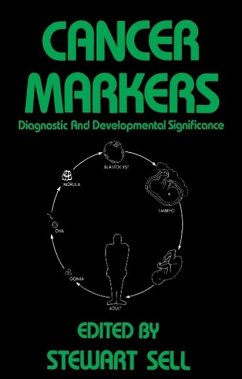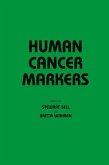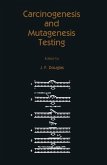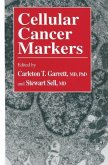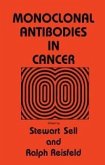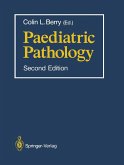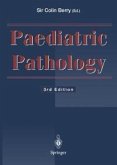Developmental cancer products (oncodevelopmental markers, ODM) not only serve as diagnostic and prognostic indicators but also may be used to study the nature of the carcinogenic process and the biology of tumors. For many years oncologists have searched for markers of cancer cells that would permit unequivocal recognition of cancer in contrast to noncancerous tissue. The earliest and still most widely used method of identification of cancer tissue or cells is the structural resemblance of cancer tissue to fetal or immature tissue. Pathologists not only recognize cancer by its morphologic similarity to fetal tissues, but also in many instances can relate the behavior of a given tumor to the degree of tissue differentiation. Thus, poorly differentiated tumors that resemble fetal tissue generally grow more rapidly and metastasize earlier than do well-differentiated tumors that more closely resemble adult tissue. In recent years the commonality of fetal and cancer tissue has been extended to products of tumor cells that, can be analyzed by biochemical, immunological, or physiological techniques. Increas ingly, products of cancer cells similar to fetal products are being identified and studied. These products range from cell-surface markers (fetal or differentiation antigens), placental proteins, hormones, and isoenzymes to a multitude of products, such as carcinoembryonic antigen (CEA), alphafetoprotein (AFP), lymphocyte markers, and nucleic acids, such as tRNA, that are produced in small amounts by v vi PREFACE continually differentiating cells in the adult but in much greater amounts by tumors.
Dieser Download kann aus rechtlichen Gründen nur mit Rechnungsadresse in A, B, BG, CY, CZ, D, DK, EW, E, FIN, F, GR, HR, H, IRL, I, LT, L, LR, M, NL, PL, P, R, S, SLO, SK ausgeliefert werden.

